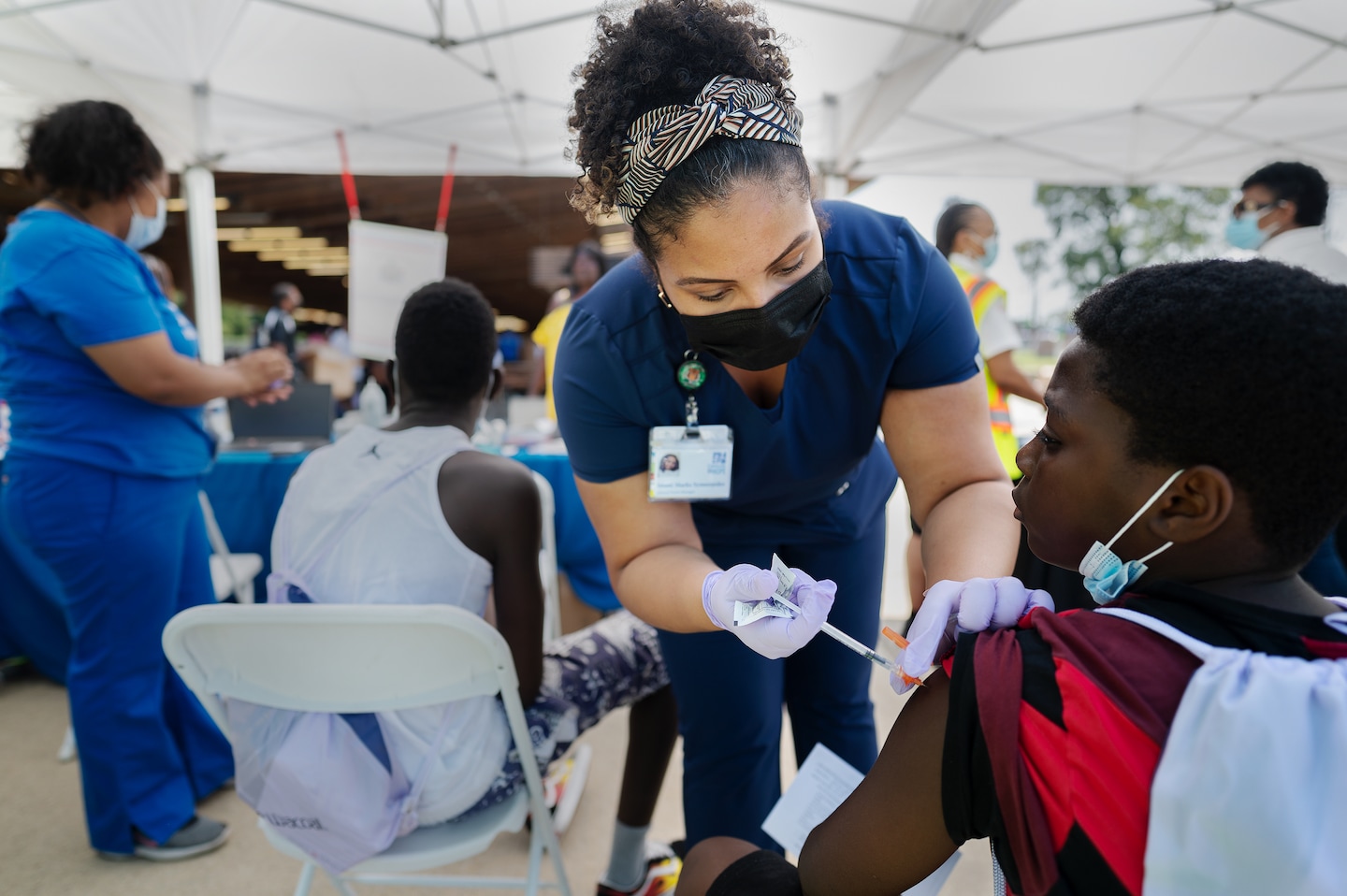
Regarding the March 9 letter, “The risk of relying on technology”:
The Post’s coverage of the Change Healthcare hack illustrates how the fragility of our health-care billing systems can have wide-ranging effects and fallout. Payment reform might not be a glamorous topic, lacking, as it does, the urgency of individual patient stories, but payment processing is a vital function, without which health care and many other industries cannot function. The news articles understandably focus on how the ransomware attack is affecting the providers most sensitive to the daily functioning of billing systems: hospitals and pharmacies, where millions of transactions must be settled daily and in real time.
Community of Hope uses Change Healthcare to submit all our health-care claims, which represent more than half of our budget and average $420,000 a week. We are utilizing reserves right now, but the longer this goes on, the more uncertainty we have about sustaining our services without some support. The D.C. Primary Care Association is advocating up-front payments from our payers because some health centers have had to access lines of credit, delay payments and even consider furloughs. I’m not convinced it will end anytime soon. Even when systems are restored, it will take a lot of time and cost to catch up on submitting claims and reconciling payments.
In addition to asking the hard cybersecurity questions, Congress and federal health-care leaders must consider whether global payments for holistic patient care, instead of a system rooted in individual claims for each service and prescription, can reduce our vulnerability to network disruptions. Community health centers serve 31.5 million people nationwide and save the health system $24 billion annually. Isn’t it time to invest in the models that support them?
Kelly Sweeney McShane, Washington
The author is president and chief executive of Community of Hope.
